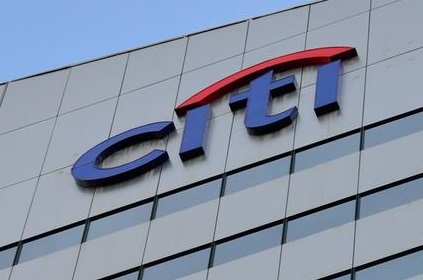Stocks ended a four day losing streak by rallying Friday, as Citi Group released better than expected second quarter results, and retail sales data came in above expectations.
The S&P 500 was up 1.9%, as the Dow Jones Industrial Average tacked on 657 points, rising roughly 2.2%. The Nasdaq was up 1.8%.
The banking industry as a whole rose after Citi released its second quarter results showing an 11% increase in revenue to $19.64 billion. It was the sector’s best intraday rally since May, by Bloomberg’s data. The results gave investors hope after the disappointing results from JP Morgan and Morgan Stanley Thursday. Citi closed higher by 13%. Wells Fargo and Bank of America were up 6% and 7% respectively.
In the earnings report, Citigroup Chief Executive Officer Jane Fraser said. “In a challenging macro and geopolitical environment, our team delivered solid results and we are in a strong position to weather uncertain times, given our liquidity, credit quality and reserve levels.”
Investors are still considering JP Morgan boss Jamie Dimon’s post earnings statements that threats to the US economy are, “nearer than they were before” and that “never-before-seen quantitative tightening” would likely hurt the economy. Dimon had said, “I’m simply saying, there’s a range of potential outcomes from a soft landing to a hard landing, driven by how much interest rates go up, the effectiveness of quantitative tightening, and defective, volatile markets.”
Also being considered was Federal Reserve Board of Governors member Christopher Waller’s statement that he was open to a 100 basis point hike based on any report of stronger consumer spending.
Retail sales numbers from the Commerce Department came out showing sales rose more than expectations for June, indicating the US consumer was still spending, even as inflation hit record highs and the market fretted over an economic slowdown. The broadest measure of retail sales was up 1% from the prior month in June, while May’s figure was revised downward to show sales drop 0.1%, the first decline of the year. Bloomberg’s expectation had been for a 0.9% rise last month.
Elsewhere, University of Michigan’s consumer sentiment numbers came out, showing a slight rise in July, at 51.1. Estimates via Bloomberg consensus data were for it to come in at 50. The report’s inflation expectation data was moderated, as long-run inflation dropped to 2.8% from 3.1% at the end of June.

